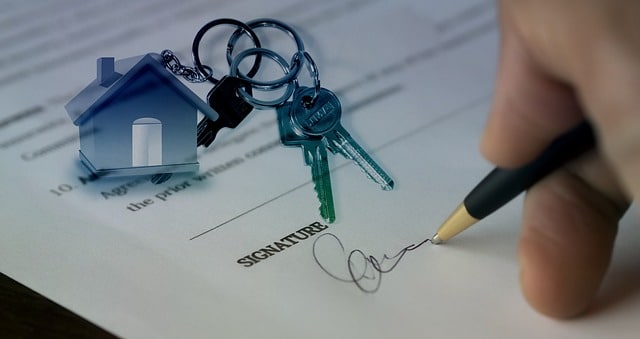A property management business can be an appealing endeavor. Property managers take care of buildings (residential or commercial) or vacant land for individuals, families, or investor groups.
The upside can be its low start-up costs and a very flexible schedule with passive income streaming in—sometimes regardless of the number of hours you work.
Table of Contents
Property Management Tips
The downside is that property management is also one of the biggest sources of complaints to regulatory agencies in various states, resulting in ever-increasing licensing requirements and regulatory control.
“Still, it is an attractive field” – Tells Hirav Shah, Real Estate Adviser, Strategist and Astrologer.
For entrepreneurs with experience in real estate , doing their own property management business may be a great business venture—offering the benefits of self-employment and a home office if they desire.
Invaluable Property Management Tips and Techniques
1. Scheduling Is Vital For A Property Management Entrepreneur.
Always refund your tenant the remainder of their security deposit on time. In fact, make it a point of principle to always refund tenants a week early to avoid any possible dispute. Don’t cut yourself any slack on this, Suggests Hirav Shah, Noted Real Estate Strategist.
Scheduling is essential, here and in all things property-management related. Scheduling is a Mantra to do away with most issues, Says Shah.
Shah Adds- By making these strategies a routine that you follow every time a tenant tells you they intend to move out of a unit, you’ll spare both parties many headaches, and protect yourself from the dangers that befall less attentive managers.
2. Get Things Written
It’s important that you know your rights as a landlord before the move-out process begins. In many states, by law, a tenant must provide a certain amount of notice — typically 30 days — before moving out, meaning the property owner can legally charge rent for that amount of time after they’ve been given that notice. But you should never settle for a verbal notice: Always demand that tenants provide written documentation of their intention to move.
This will leave zero room for misunderstandings or bad-faith actions on the part of the tenant. As long as the Intent to Vacate is signed and dated, it’s valid, even if it’s written on a cocktail napkin. Saying they’ll move out in a month is one thing; signing any form of document that details their intention to do so is another. If they fail to vacate the unit within the appropriate time after providing notice, they may be responsible for paying another month’s rent.
3. Create A Form
Tell tenants what your expectations are.
Avoid surprising your tenant with any charges, by instead telling them exactly what you expect from them during the move-out process. This may include informing them that they would require the unit to be professionally cleaned. And they must provide you with a receipt. It is very important. It also lets them know what items they must return to management before vacating. Creating a form is highly recommended.
4. Pricing Is The Key
One of the biggest mistakes that homeowners, and sometimes even property managers, make when renting out a home is to set the pricing too high. Be realistic about your approach here. Do the research. Check what others are charging and do overprice your home. Finding that sweet spot might be hard, but that’s the trick if you want to have high occupancy rates. This is one of the property management tips that could make or break your year when it comes to financial growth.
5.Put Your Customer First
In order to innovate, technology companies consistently put the customer at the forefront of every decision they make. Many tech companies even innovate or create new solutions based on a singular customer request or need. Effectively achieving this requires top-notch communications with customers so that their needs, desires and pain points are always crystal clear to their tech vendor.
Property entrepreneurs could take a few learnings from this business approach and work to develop more customer-centricity and better communications with their residents. It might make sense to fully reevaluate the nature of communication with tenants. Is it all over email? While email is still a very relevant communication format, it might not be the best or most immediate way to get in contact with modern-day renters.
Property management entrepreneurs should consider their renter demographics when thinking about communication. If the renter pool skews toward younger generations, property management companies may want to think about text as the primary form of communication. There exist plenty of tools that enable property managers to do this efficiently, with two-way texting features so that renters can reply. Texting is a great avenue to use to ping renters on important or time-sensitive items like late payment reminders, maintenance updates or building inspections. Basically, the bottomline is to put your customer first, Says Hirav Shah.
Conclusion
Property management can be tricky at times. If mishandled by a property manager, they can lead to upset tenants or far worse.
So, communication here is the key.
Managing property the right way is all about transparency, hard work and communication. At the end of the day, you have to set the right expectations by going the extra mile and ensuring that you have clear lines of communication open. One of the ways you can find yourself getting into hot water is if you set the wrong expectations and you fail to communicate.
“Practise Property Management. Your career could be the engine of your wealth“- Hirav Shah Concludes.




























